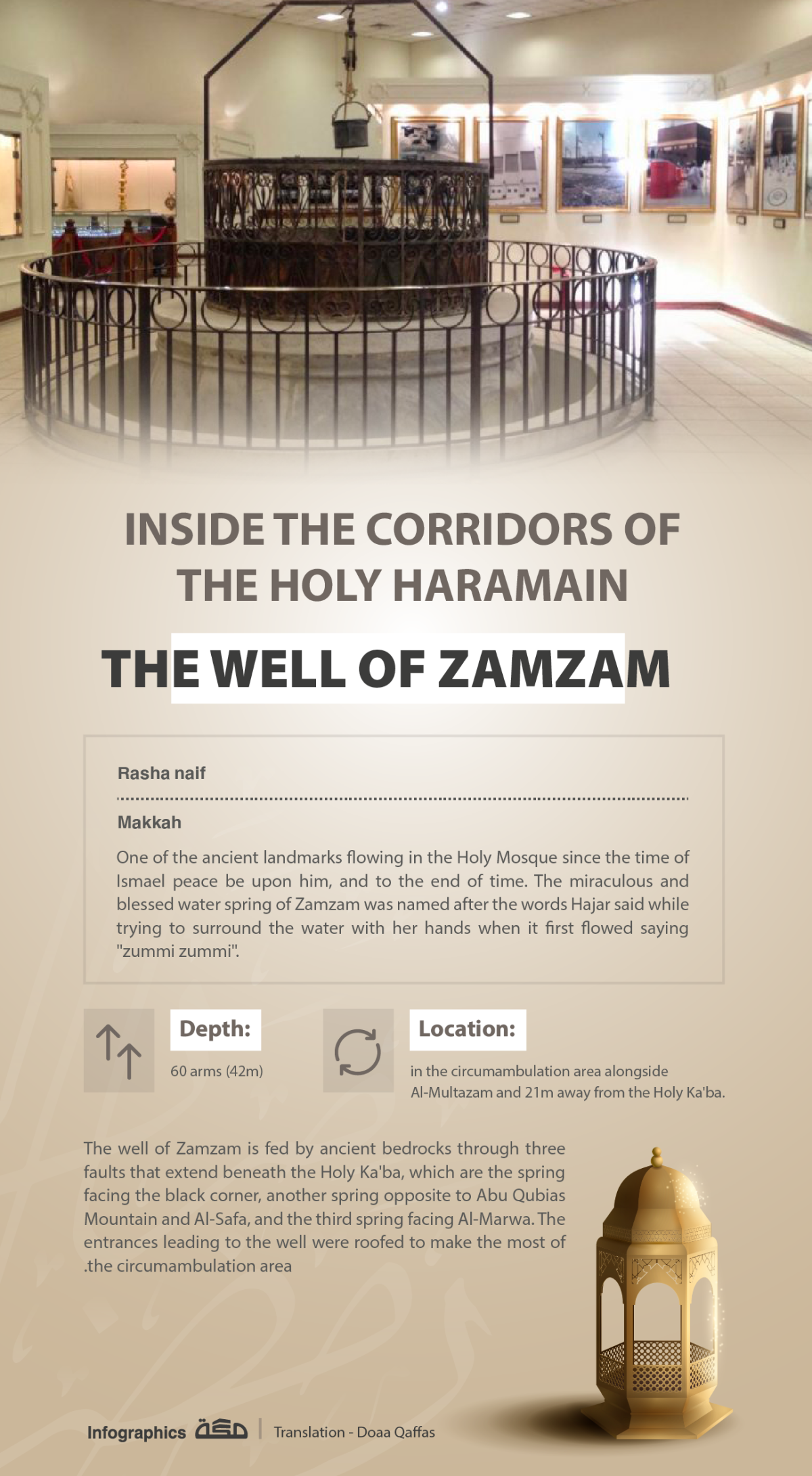
When a German laboratory confirmed that Russian dissident Alexei Navalny had been poisoned by a substance from the novichok family of Soviet-era nerve agents, it marked a further deterioration in the relationship between German Chancellor Angela Merkel and Russian President Vladimir Putin.
Until recently Merkel had been something of a “Putin whisperer,” translating Europe’s demands to him and relaying his thoughts to Europe. Russia is Germany’s near neighbor and played an important role in its detente with the East, which eventually led to German reunification. Merkel grew up in the former East Germany, is a fluent Russian speaker, and is familiar with Russia’s understanding of its place in the world. She brokered various agreements between East and West,and seemed to have endless patience.
However, even Merkel grew increasingly exasperated with Russia’s hack of the Bundestag in 2015 and the assassination of a Chechen rebel in Berlin last year. The Navalny case may well be the straw that breaks the camel’s back.
Russia has historically been an important provider of energy to Europe, and an integral part of that is the Nord Stream pipeline project from Russia to Germany under the Baltic Sea. Nord Stream 1 has a capacity of 55 billion cubic meters of gas; Nord Stream 2 will double that, although 160km of pipeline in Danish waters is incomplete because of US sanctions against any company that works on it — a textbook case of how major cross-border energy infrastructure projects are where economic interests meet geopolitics.
The EU has condemned the Navalny poisoning and demanded an investigation with full Russian cooperation, and is considering sanctions. NATO secretary general Jens Stoltenberg asked for an investigation led by the Organisation for the Prohibition of Chemical Weapons, also with full Russian cooperation. Moscow denies any involvement in the poisoning.
The Navalny poisoning has illustrated the difficulty in separating business from politics and geopolitical interests.
Cornelia Meyer
When Navalny fell ill in Siberia and was transferred to the Berlin Charite hospital for treatment, Merkel initially insisted that any retaliatory measures be kept separate from economic and business considerations related to Nord Stream 2. Since then she has become increasingly vociferous in condemning Russia, and increasingly silent on the pipeline.
Reactions on Germany’s political spectrum vary. Greens co-leader Katrin Goering-Eckhardt, Liberal Democrats leader Christian Lindner and Christian Democrats (CDU) leadership contender Friedrich Merz demand that the project be scrapped or put on hold. North Rhine-Westphalia prime minister Armin Laschet, another CDU leadership candidate,wants to keep politics separate from business, as does Markus Soeder, who leads the CDU’s Bavarian sister party the Christian Socialists. Dr Rolf Muetzenich, head of the SPD faction in the Bundestag, argues that acting against Russia butnot against other countries with questionable human rights records is a double standard. The right-wing AfD questioned the use of a German lab instead of one in neutral Switzerland.
Thus, the Navalny poisoning has illustrated the difficulty in separating business from politics and geopolitical interests. Nord Stream has always been controversial, because the pipelines circumvent Ukraine to bring gas to Germany and on to the rest of Europe. From the point of view of energy security, it made sense, because as Germany quits nuclear and coal-fired power generation it needs gas as a transition fuel on the road to a zero-carbon economy. The gas reserves of the UK and Norway are dwindling, which makes Russia all the more attractive. There is the option of liquefied natural gas, which the US is keen to sell, but Russian gas is closer and cheaper. It has also been flowing steadily and reliably for more than 50 years, even during the break-up of the Soviet Union. Nothing better illustrates the strategic energy relationship between Russia and Germany than that a former chancellor, Gerhard Schroeder, sits on the board of Gazprom.
From a geopolitical perspective the Ukraine feels circumvented. Poland and the Baltic states are also skeptical of Nord Stream, unsurprisingly given their histories with Russia. Poland also looks with envy at Germany’s strategic position distributing gas from east to west; it would rather hold that position itself, especially as its storage facilities were an operational cornerstone of gas sales to Europe during the Soviet era.
At some stage Merkel will have to be unequivocal about where she stands on Nord Stream 2; human rights, diplomacy, Germany’s position in the EU, energy security, and major business interests — there is a lot at stake.
Cornelia Meyer is a business consultant, macro-economist and energy expert. Twitter: @MeyerResources
Disclaimer: Views expressed by writers in this section are their own and do not necessarily reflect Arab News" point-of-view











